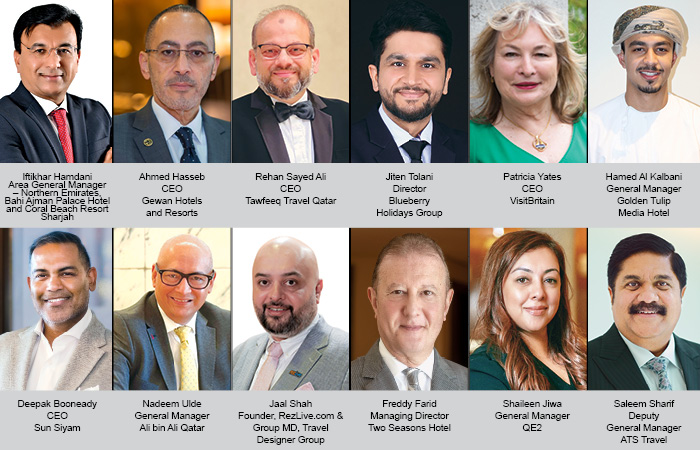Carbon emissions in travel and tourism has been a key concern over the past years. Today, there is more action in terms of reducing the carbon emissions in the industry, Sanith de Silva Wijeyeratne, Director & CEO, The Climate & Conservation Consortium (CCC) and its consulting arm CCC Consultants LLC based in Dubai, shares with TRAVTALK.
Shehara Rizly
Could you share with us some insights regarding the significant emissions of carbon in the travel, tourism and hospitality industries?
If I were to bring all these areas under the heading of “Tourism”, there have been some recent studies that show that Tourism is one of the key contributors towards global warming. Tourism activities are responsible for roughly 8 per cent of the world’s carbon emissions (https://sustainabletravel.org/issues/carbon-footprint-tourism/).Within tourism, transportation is the main source of greenhouse gas emissions. Generally speaking, planes and cars generate the most emissions per passenger mile, with tour buses, ferries, and trains coming behind. When it comes to the hospitality industry, some key emissions are associated with heating and air conditioning, as well as water heaters used to warm showers, pools, and spas. Electricity used to power lights, TVs, refrigerators, laundry machines, and other equipment is also a big contributor, especially in areas with dated or inefficient systems. Another element is food. To cater to visitor tastes, many hotels and restaurants import the majority of their food products from other countries. The farther food travels, the more emissions are generated.
How can an industry can play a role in reducing the carbon footprint?
The first and most important step is to accurately measure the organization’s carbon footprint. For too many years, organizations were not taking any effort to measure and report their emissions – stating that there was no business case to incur the expense. Today, most travelers are looking for more sustainable travel and stay options. It is vital that emissions are calculated accordingly to the globally accepted protocols (The Greenhouse Gas Protocol being the most accepted one), and it is better to have those calculations independently verified according to a global standard as well – the ISO 14064-1 is such a standard. Only once you have a proper accounting of the emissions can you put in place measures to significantly reduce them. Over the past 12 years, my team has been actively involved in this space, and we have seen time and again that measuring emissions enables between 5 per cent and 15 per cent reductions with simple adjustments to processes.
Will you be able to offer solutions that will get them on track to offset the carbon footprint?
Absolutely! The Team at CCC was behind the certification of Asia’s FIRST CarbonNeutral® Tourism Fleet for Walker Tours in Sri Lanka and also South Asia’s FIRST CarbonNeutral® city hotel – The Colombo Court. We have worked with both travel and hospitality sectors extensively and are able to help them to accurately track and report their emissions. We also provide carbon management plans as an integral part of our solutions. Whatever emissions that can not be reduced immediately can be compensated for and offset using globally registered carbon credits.
What will be the short-term and long-term benefits of the programme?
According to Booking.com’s Sustainable Travel Report – which polled more than 29,000 travelers across 30 countries – 73 per cent of the US travelers think that sustainable travel is vital, with 46 per cent say the pandemic has made them want to travel more sustainably. The report also confirms that 42 per cent still believe that there are not enough sustainable travel options available (https://gulfnews.com/business/analysis/travellers-worldwide-are-ready-to-get-on-sustainable-tourism-rides-1.89403501). The tourism sector will have to change because its customers are now demanding that the change happens. Also, there are significant cost savings and other benefits associated with being greener. These can only be achieved with a solid Sustainability Strategy and Roadmap put in place.
 TravTalk Middle East Online Magazine
TravTalk Middle East Online Magazine




